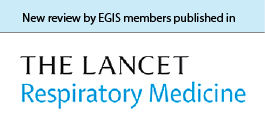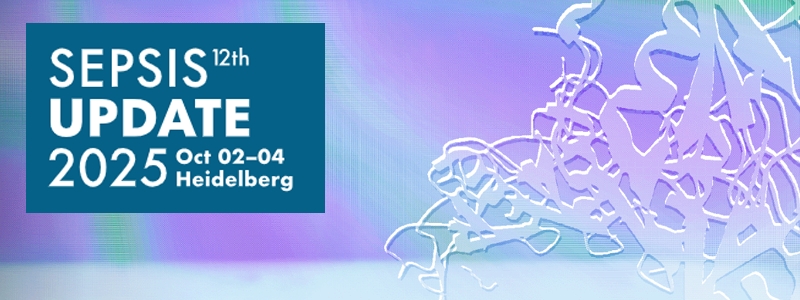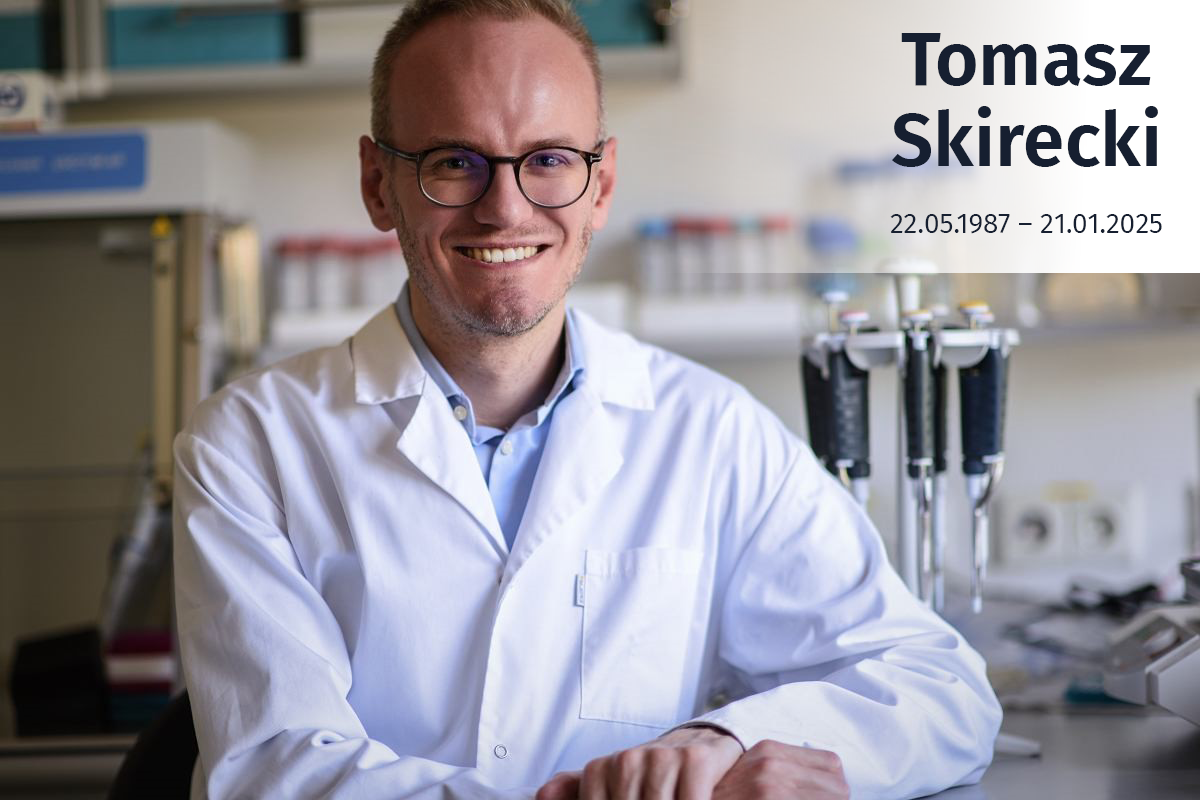A current report in Lancet Resp. Med. includes the inaugural definition for the dysregulated immune responses in sepsis and a road map for studying and reclassifying the sepsis-related immune responses to enable drug discovery and targeted treatments. We highlight that many fundamental immunological concepts such as resistance, disease tolerance, resilience, resolution, and repair are not incorporated into the current sepsis immunobiology model.
Sepsis is a common clinical condition with annual incidence of 50 million cases globally, affecting all ages. Over the last few decades, the tremendous progress in our understanding of sepsis biology has not translated to improved outcomes for patients with immunomodulatory treatments.
A current report in Lancet Resp. Med. includes the inaugural definition for the dysregulated immune responses in sepsis and a road map for studying and reclassifying the sepsis-related immune responses to enable drug discovery and targeted treatments. We highlight that many fundamental immunological concepts such as resistance, disease tolerance, resilience, resolution, and repair are not incorporated into the current sepsis immunobiology model.
Definition: Dysregulated host immune responses in sepsis is defined as altered homoeostasis with pathological disruption of immune-driven resistance, disease tolerance, resilience, and resolution mechanisms.
Our overall goal with this paper is to improve outcomes for patients with sepsis. We acknowledge that this will require a global engagement among patients, clinicians, researchers, funders, and other stakeholders to achieve meaningful change for future patients with sepsis.






